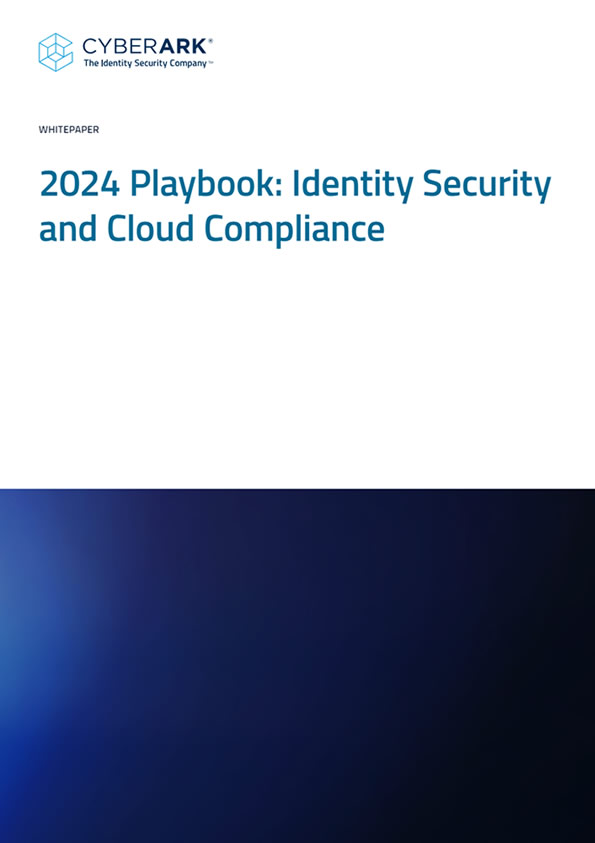The US Army is poised to make significant strides in streamlining and securing its sensitive networks with the advent of its Unified Network Operations (UNO), a groundbreaking initiative set to redefine the paradigm of military communications and cybersecurity. This move, as outlined by service leaders, represents a significant leap forward in the Army’s modernization agenda, promising rapid connectivity and robust digital defenses.
Introduction to Unified Network and its Importance
The year 2024 marks a pivotal moment for the US Army as it embarks on the operationalization of its UNO program. This unified network, as explained by Mark Kitz, leader of the Army’s Program Executive Office Command, Control, and Communications-Tactical, is not just a mere aggregation of various communication elements but a comprehensive platform that integrates tactical links of deployed forces with the larger, stationary systems at headquarters. “UNO is our way of seeing the network,” Kitz says, emphasizing the importance of a consolidated approach to the Army’s diverse communication needs.
UNO: Bridging Tactical and Strategic Networks
UNO’s design is unique in its ability to seamlessly blend tactical and strategic network elements. It extends into the cloud, leveraging advanced digital technologies to ensure data availability where it’s most needed. This integration reflects the Army’s preparation for global-scale warfare, simplifying monitoring processes and enhancing cybersecurity.
Cybersecurity Enhancements in UNO
A major focus of the UNO initiative is cybersecurity. The program is set to employ a suite of common software and adopt zero-trust principles, a cybersecurity paradigm that assumes networks are perpetually at risk. This approach necessitates constant validation of users, devices, and virtual access points, a strategy that the Department of Defense aims to implement across its organization by 2027.
Army’s Modernization Priorities and UNO’s Role
The UNO initiative aligns with the Army’s broader modernization priorities, which include upgrading aviation capabilities and missile defense technologies. The importance of network modernization was underscored at the Association of the US Army convention in Washington, where Army leadership named the network their top focus area.
The Future of Army’s Network Security and Global Connectivity
Lt. Gen. Maria Barrett, leader of Army Cyber Command, envisions UNO as a transformative tool in achieving a more secure and efficient network. “The unified network is absolutely a game changer,” she states, highlighting its potential in converging separate networks into a centrally delivered service. This convergence allows for a faster response to threats, a critical advantage in modern warfare.
Conclusion
The Unified Network US Army initiative stands as a testament to the military’s commitment to technological advancement and cybersecurity. As UNO matures, it will undoubtedly reshape the landscape of military communications and digital defense. We invite our readers to share their thoughts and perspectives on this significant development. How do you think UNO will impact the future of military operations and cybersecurity? Your comments and insights are valuable to us. Join the discussion below.
Photo by Scandinavian Backlash on Unsplash






